Learning the basic causes of HIV/AIDS and other HIV/AIDS symptoms, including its most essential facts, can keep you healthy and prevent transmission, as the correct information is the key to understanding and preventing HIV. So, as your closest source of knowledge and the World’s #1 Source of Research-Based Content, The Daily Top 10 thought to share with you the top 10 most important facts about HIV that everyone should know.
The Human Immunodeficiency virus (HIV) targets the immune system. It weakens people’s defense against many infections and some types of cancer that people with healthy immune systems can more easily fight off. It continues to be a significant global public health issue, as the virus destroys and impairs the function of immune cells, and infected individuals gradually become immunodeficient.
What are the Most Important Statistics About HIV?
HIV remains a major global public health issue, having claimed 40.1 million lives. According to Statista, in 2021, 650 000 people died from HIV-related causes, and 1.5 million people acquired HIV. An estimated 38.4 million people were living with HIV at the end of 2021, two-thirds of whom are in the WHO African Region. That information is necessary to know while knowing the most important facts about HIV.
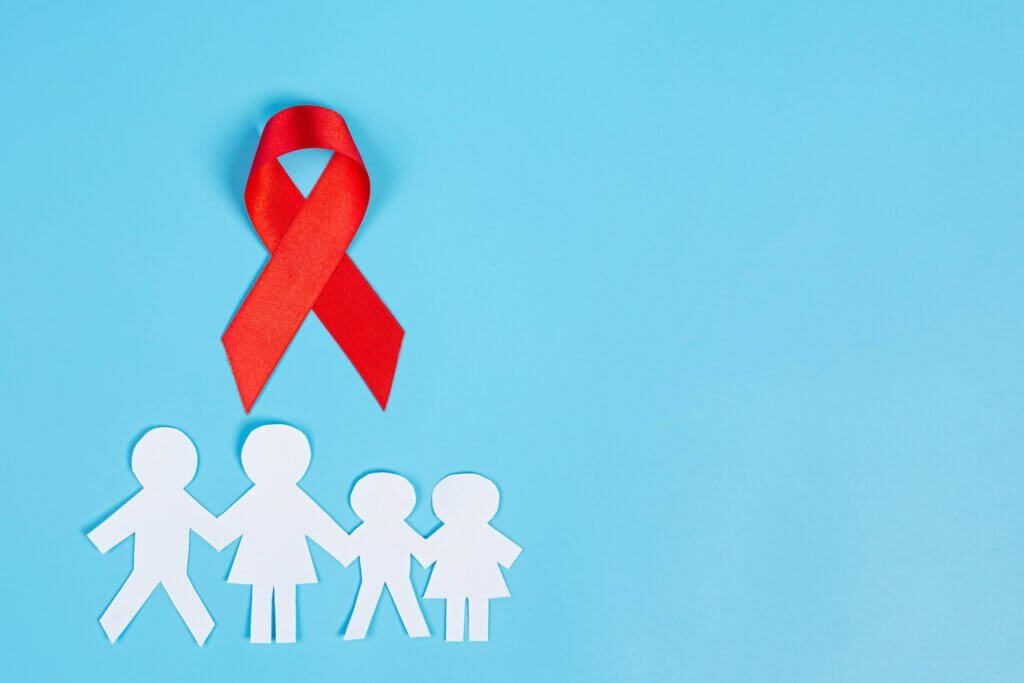
Now let’s see below the top 10 most important facts about HIV that everyone should know.
TOP 10: How is HIV Transmitted?
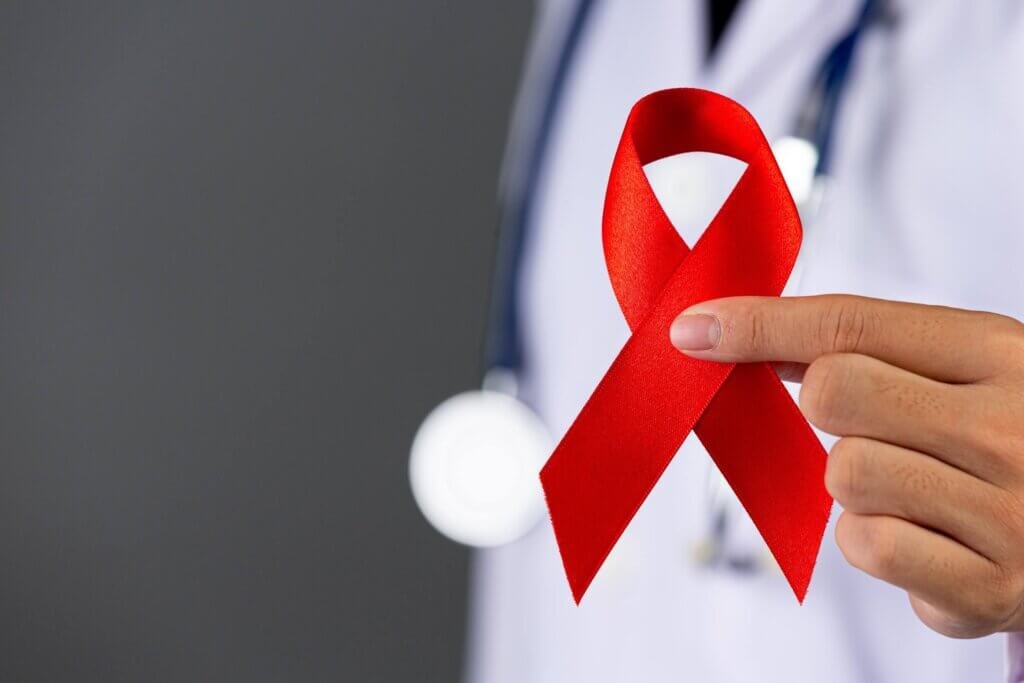
This is one of the most important facts about HIV that everyone should know. A person who has HIV carries the virus in certain body fluids, including blood, seminal fluids, vaginal secretions, and breast milk. A new HIV infection is established when a virus from these fluids encounters a cell that is susceptible to infection. According to Amfar, HIV is transmitted through:
- Unprotected sexual intercourse with someone who has HIV.
- Unprotected oral sex with someone who has HIV.
- Sharing needles, syringes, or other injection equipment with someone who has HIV. HIV can survive in used syringes for a month or more.
- Mother-to-child transmission during pregnancy, childbirth, or breastfeeding.
TOP 9: How is HIV Not Transmitted?

This is one of the most important facts about HIV that should be considered. According to Amfar, HIV is not transmitted through food or air. There also has never been a case where a person was infected by everyday contacts such as sharing eating utensils or bathroom facilities or through hugging or kissing.
You cannot get HIV from giving blood at a blood bank or other established blood collection center. There have been no documented cases of HIV transmission through other body fluids such as sweat, tears, vomit, and urine. Mosquitoes, fleas, and other insects do not transmit HIV.
TOP 8: What are the Symptoms of HIV?
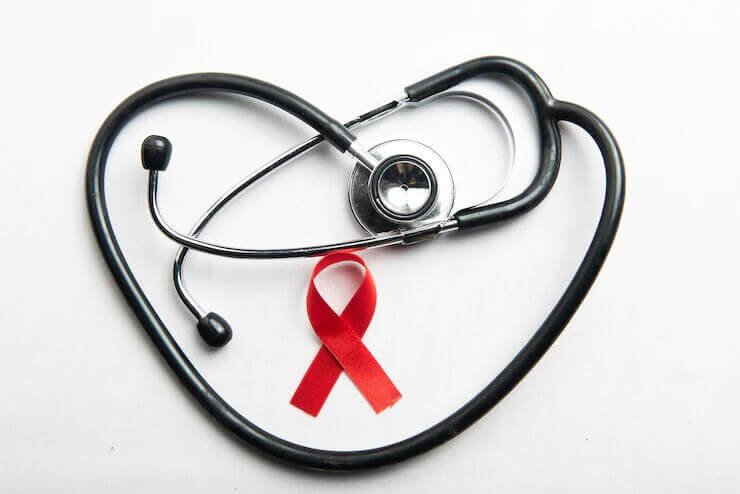
Most people infected with HIV do not know that they have become infected. According to UNAIDS, immediately after the infection, some people have a glandular fever-like illness that can occur during seroconversion. It refers to the development of antibodies to HIV and usually takes place between one and two months after an infection has occurred. Symptoms recognition is one of the most essential facts about HIV that should be known by everyone.
Although HIV infection often does not cause any symptoms, a person newly infected with HIV is infectious and can transmit the virus to another person. The way to determine whether HIV infection has occurred is by taking an HIV test. HIV infection causes a gradual depletion and weakening of the immune system. This results in increased susceptibility of the body to infections and cancers and can lead to the development of AIDS.
TOP 7: How Can HIV Infection be Prevented?

According to UNAIDS, the transmission of HIV can be prevented by:
- Monogamous relations between uninfected partners.
- Non-penetrative sex.
- Consistent and correct use of male or female condoms
- Sex between two people when one of them is living with HIV but is taking antiretroviral therapy and has an undetectable viral load
- Pre-exposure prophylaxis is taken by people who are not infected with HIV.
- Voluntary Medical Male Circumcision reduces the chances of men acquiring HIV from women.
- If you are an injecting drug user, always use new needles and syringes
- Ensure that blood and blood products are tested for HIV, and that blood safety standards are implemented.
TOP 6: What Is An HIV Test?

An HIV test is a test that reveals whether a person has been infected with HIV, and one should be aware of this while considering essential facts about HIV/AIDS. Commonly used HIV tests detect the antibodies produced by the immune system in response to HIV, as they are much easier to detect than the virus itself. Antibodies can be found in blood or oral fluid.
According to the CDC, there are three types of HIV tests: antibody tests, antigen/antibody tests, and nucleic acid tests (NAT). Antibodies are produced by your immune system when you’re exposed to viruses like HIV. Antigens are foreign substances that cause your immune system to activate.
TOP 5: Treatment for HIV/AIDS

Today, many drugs are available to treat HIV/AIDS, making it easier to stay healthy. According to WHO, many people living with HIV can take one pill daily that contains a combination of highly active antiretroviral therapy known as ART. When taken as directed, ART can reduce the amount of HIV in the blood to undetectable levels and enable the body’s immune cells to rebound to normal levels.
The number of AIDS-related deaths in the U.S. has dropped dramatically because of widely available, effective treatments, according to Amfar. Even when people respond well to ART, it does not cure HIV. And while today’s ART can dramatically improve the health and well-being of people living with HIV, they may still face long-term side effects from treatment, such as heart disease and other disorders.
TOP 4: Useful HIV Treatment Terms
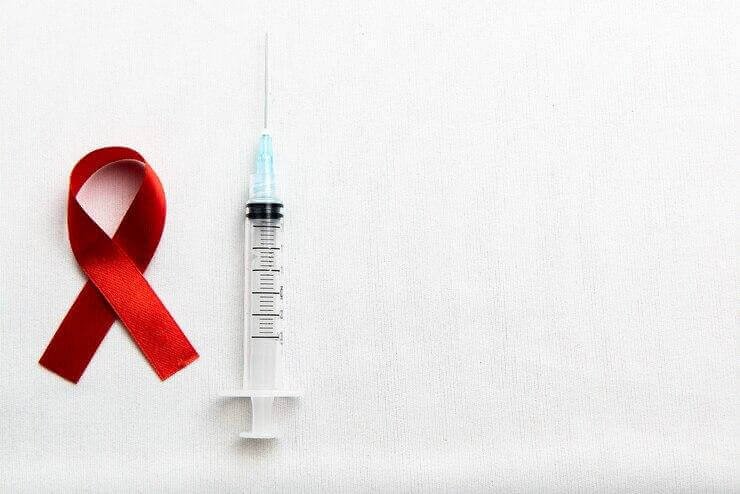
When it comes to HIV treatment options, knowing some basic terms and important facts about HIV can be helpful. According to Viiv Health Care, here are some important terms.
- CD4 T-cell count: CD4 T-cells are very important cells found in your body. They are white blood cells that help keep your immune system strong so you can fight infections.
- Viral load: Your viral load is the amount of HIV copies found in your blood. You want your viral load to be as low as possible.
- Antiretroviral Therapy (ART): Medicines used to treat HIV are called antiretrovirals. Using a combination of HIV medicines together is called antiretroviral therapy (ART).
- Single-tablet regimen (STR): This is a complete treatment regimen consisting of a combination of antiretroviral medications in one single tablet
TOP 3: HIV Cannot Be Cured
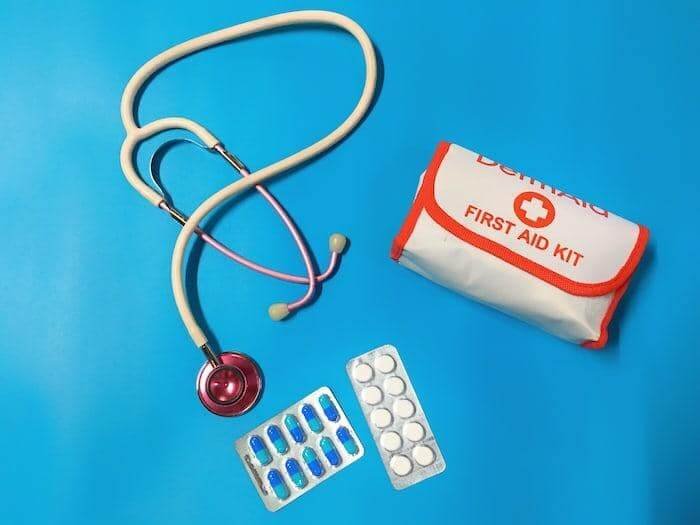
There is no cure for HIV at this time. But with today’s medicine, women can reduce their viral load to the point that it is undetectable. This means that your viral load is fewer than 40 to 75 copies in a sample of your blood.
An undetectable viral load does not mean that you no longer have HIV. It is still possible to pass HIV to others, although the risk is much lower. Having an undetectable viral load also helps prevent the progression of AIDS or getting other infections.
According to Women’s Health, research is being done that may lead to new treatments and new ways of preventing HIV infection. In the meantime, women with HIV are living entire lives, including working, having children, and participating fully in their communities. Hence it’s one of the essential facts about HIV that needs to be considered.
TOP 2: HIV is Not the Same as AIDS
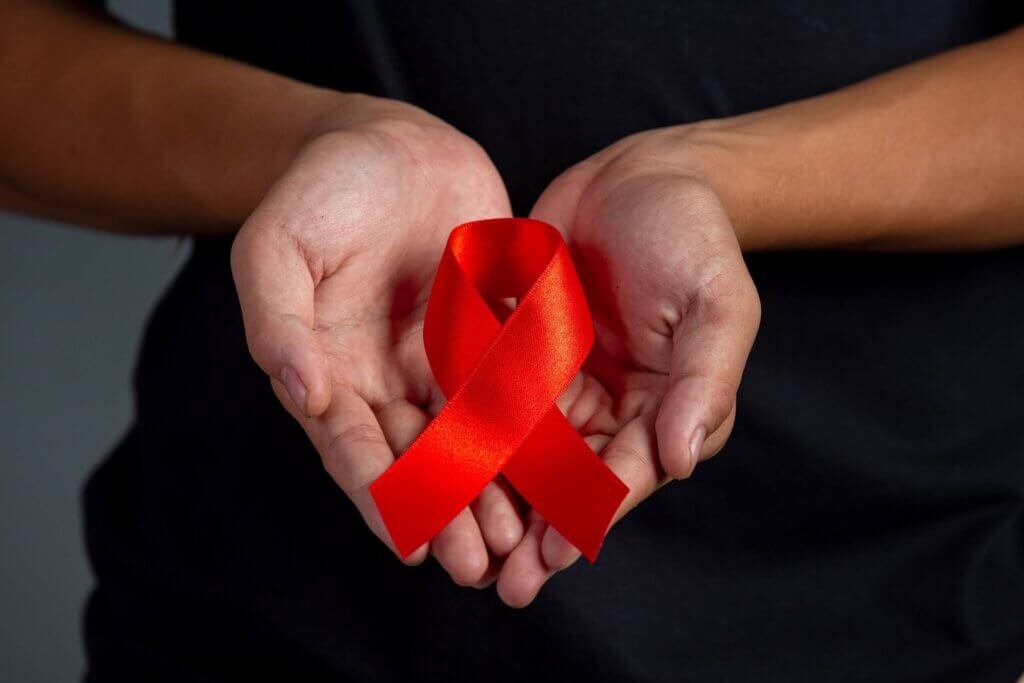
HIV is the virus that leads to AIDS. You have AIDS if your CD4 count drops below 200 or when you have certain infections or cancers. You can have HIV for years without having AIDS. Being infected with HIV does not mean you have developed AIDS, according to the WHO.
That information is necessary to know while knowing the most important facts about HIV/AIDS. Also, people with HIV who start treatment early in their infection, stay on treatment, and have an undetectable viral load can stay healthy and prevent the disease from progressing to AIDS.
TOP 1: What is HIV? And What is AIDS?
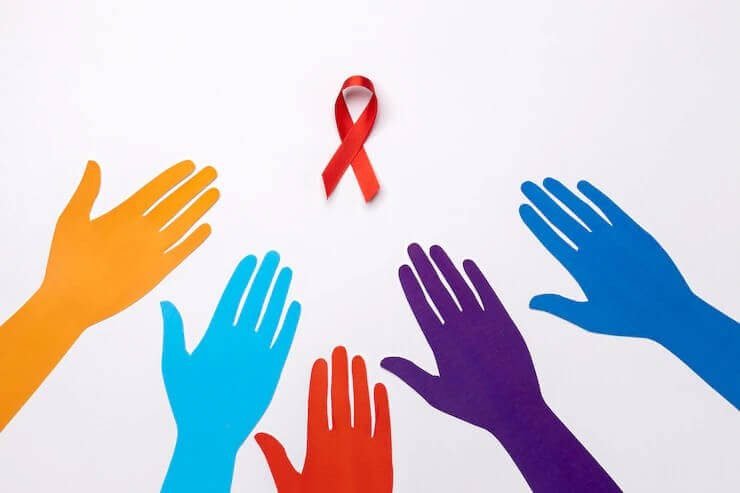
HIV stands for human immunodeficiency virus. It is the virus that causes AIDS. When a person is infected with HIV, the virus enters the body and then resides and multiplies primarily in the white blood cells, the immune cells that typically protect us from disease. This is one of the top most important facts about HIV that everyone should know.
According to WHO, AIDS stands for acquired immunodeficiency syndrome. As HIV grows in an infected person, it damages or kills specific immune cells, weakening the immune system and leaving the person vulnerable to infections and illnesses ranging from pneumonia to cancer.
What is the Most Important Fact about HIV?
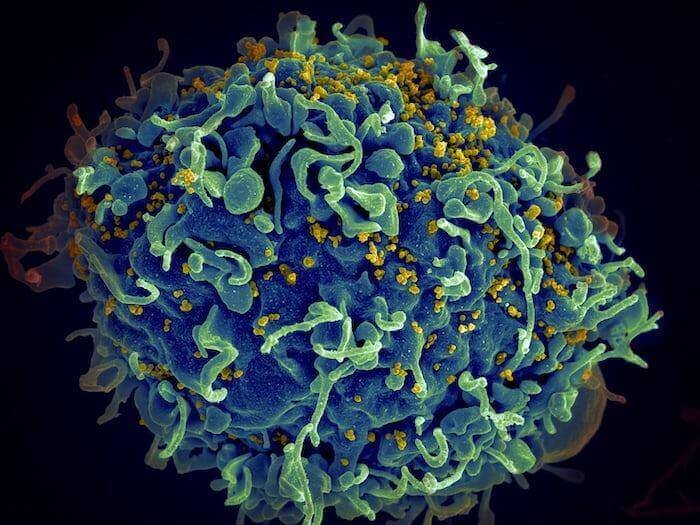
Today, thanks to innovations in antiretroviral treatment, HIV is now a manageable long-term health condition. By learning what there is to know about HIV and how it can affect you both physically and mentally, you can stay in control and feel empowered to make informed decisions about your health and care. So, why should you be aware of the essential facts about HIV/AIDS?
Below are the top 10 most important facts about HIV that you should be aware of.
- What is HIV? And What is AIDS?
- HIV is Not The Same as AIDS
- HIV Cannot Be Cured
- Useful HIV Treatment Terms
- Treatments for HIV/AIDS
- What is An HIV Test?
- How Can HIV Infection be Prevented?
- What are The Symptoms of HIV?
- How is HIV Not Transmitted?
- How is HIV Transmitted?
So, this is the top 10 list of the most important facts about HIV that you should know. While being aware of these essential facts about HIV, the most important thing is to prevent HIV, as living a healthy lifestyle can help you enjoy a better life. This is from The Daily Top 10 Team, and we have the best collection of articles from various categories. To stay updated with us, subscribe to our Newsletter, and enjoy the World’s #1 Source of Research-Based Content.

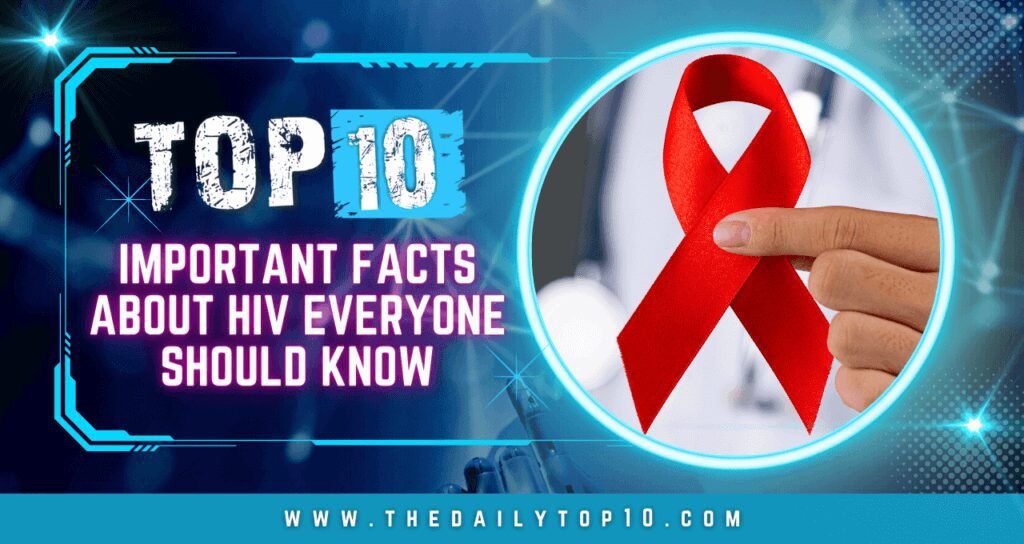
Top 10 Leading and Most Common Types of Cancer in Asia
Top 10 World’s Biggest Celebrity Scandals & Controversies in 2022
Top 10 Best Gaming and Metaverse News & Trends of 2023
Top 10 Fun Ways to Celebrate Single Awareness Day Alone
Top 10 Natural Disasters that Shook the World in 2022
Top 10 Fun Things People Born in January Should Do (Updated)